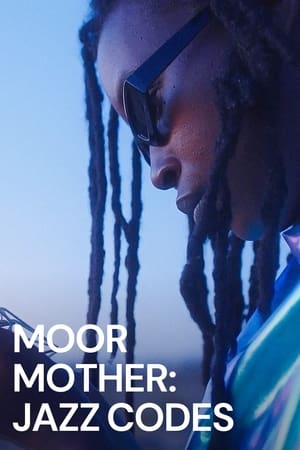

Noble Sissle's Syncopated Ragtime(2018)
Noble Sissle brought Ragtime to France and started the European obsession with Black music.
Combining footage unseen since WWI with original scores from the era, this film tells the story of Noble Sissle's incredible journey that spans "The Harlem Hellfighters" of World War I, Broadway Theatre, the Civil Rights movement, and decades of Black cultural development.
Movie: Noble Sissle's Syncopated Ragtime
Top 2 Billed Cast
Trevor Getz
Noble Lee Sissle Jr.
Video Trailer Noble Sissle's Syncopated Ragtime
Similar Movies
 7.0
7.0Lenin kam nur bis Lüdenscheid - Meine kleine deutsche Revolution(de)
The free, almost naive view from the perspective of a child puts the "68ers" in a new, illuminating light in the anniversary year 2008. The film is a provocative reckoning with the ideological upbringing that seemed so progressive and yet was suffocated by the children's desire to finally grow up. With an ironic eye and a feuilletonistic style, author Richard David Precht and Cologne documentary film director André Schäfer trace a childhood in the West German provinces - and place the major events of those years in completely different, smaller and very private contexts.
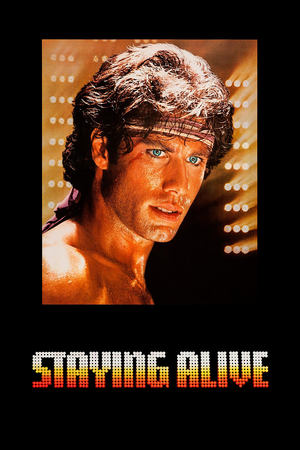 5.7
5.7Staying Alive(en)
It's five years later and Tony Manero's Saturday Night Fever is still burning. Now he's strutting toward his biggest challenger yet - making it as a dancer on the Broadway stage.
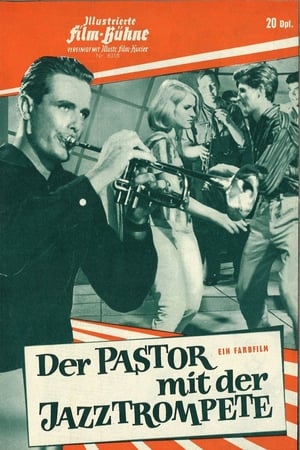 4.2
4.2Der Pastor mit der Jazztrompete(de)
When the Lutheran pastor Roland retires, the young priest Roll shall replace him. He plays the trumpet, loves Jazz and his methods are unconventional: From the first day on he offends the village's notables, but he doesn't care so much since he especially targets the youths, wants them to get back to the church again. However the mayor agitates against him, manages to endanger Roll's success. The conflict leads to vandalism and open violence against Roll.
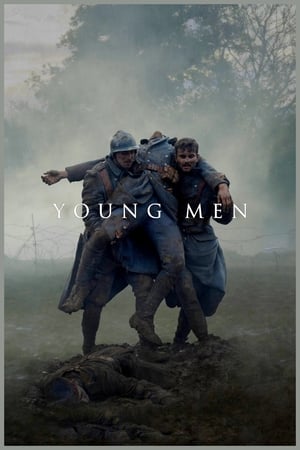 6.4
6.4Young Men(en)
Fields of France, during the First World War. A group of young soldiers, united by the indiscriminate brutality of battle, fights to maintain their humanity in an endless cycle of combat and death.
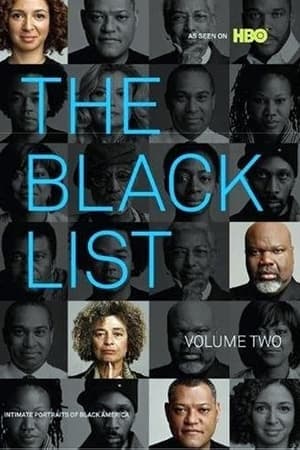 6.0
6.0The Black List: Volume Two(en)
THE BLACK LIST: VOL. 2 profiles some of today's most fascinating African-Americans. From the childhood inspirations that shaped their ambitions, to the evolving American landscape they helped define, to the importance of preserving a unique cultural identity for future generations, these prominent individuals offer a unique look into the zeitgeist of black America, redefining the traditional pejorative notion of a blacklist.
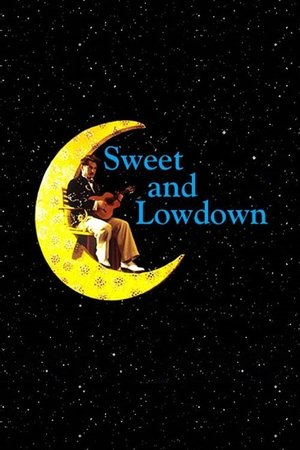 6.8
6.8Sweet and Lowdown(en)
In the 1930s, jazz guitarist Emmet Ray idolizes Django Reinhardt, faces gangsters and falls in love with a mute woman.
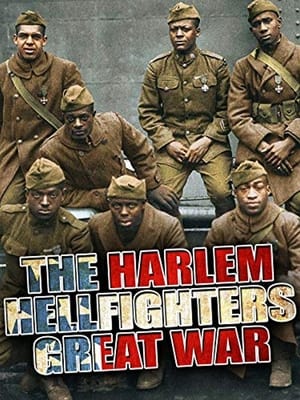 0.0
0.0The Harlem Hellfighters' Great War(en)
Nicknamed the "Harlem Hellfighters", these African-Americans wanted to become ordinary citizens like everyone else. They saw fighting heroically in the trenches as their chance to achieve this. In 1918, the 15th New York National Guard Regiment became the most highly decorated unit of the First World War.
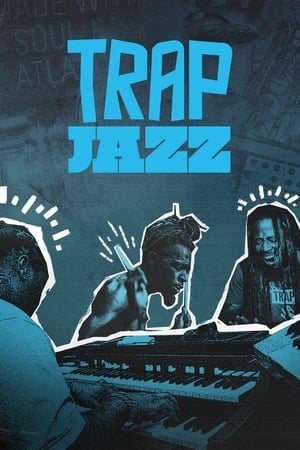 4.0
4.0Trap Jazz(en)
Atlanta musicians behind some of the biggest names in music embark on an uncertain journey into the spotlight with a new genre of music that fuses trap music with jazz.
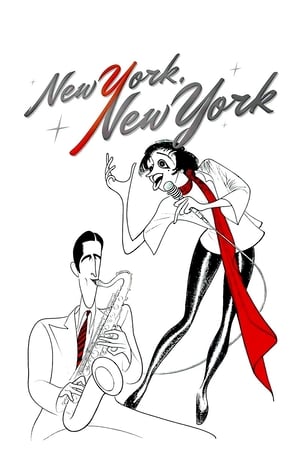 6.6
6.6New York, New York(en)
An egotistical saxophone player and a young singer meet on V-J Day and embark upon a strained and rocky romance, even as their careers begin a long uphill climb.
 7.3
7.31968: A Year of War, Turmoil and Beyond(en)
The Tet Offensive during the Vietnam War, the Civil Rights Movement, the May events in France, the assassinations of Martin Luther King and Robert F. Kennedy, the Prague Spring, the Chicago riots, the Mexico Summer Olympics, the presidential election of Richard Nixon, the Apollo 8 space mission, the hippies and the Yippies, Bullitt and the living dead. Once upon a time the year 1968.
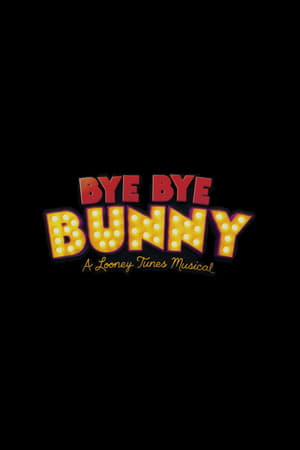 0.0
0.0Bye Bye Bunny: A Looney Tunes Musical(en)
After starring in a long-running Looney Tunes Broadway smash production, an exhausted Bugs Bunny decides it’s time to trade in sold-out shows for life as a regular rabbit but when Daffy Duck is kidnapped by an obsessive fan, Bugs, with the help of his Looney Tunes co-stars, set off on a rescue mission to find Daffy.
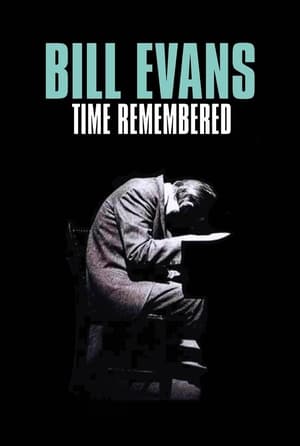 6.7
6.7Bill Evans Time Remembered(en)
A biographical film featuring the music and times of Bill Evans with interviews from Tony Bennett, Jack Dejohnette, Billy Taylor, Paul Motian, Jon Hendricks, Orin Keepnews, Bobby Brookmeyer, Pat Evans and more, including family and friends who knew Bill Evans well.
John Scofield Uberjam Band Live At The Jazz Fest Sarajevo(en)
In early July of 2012, Scofield released, after ten years of record pause of ensemble Uberjam, a new and long-awaited album called Uberjam Deux...
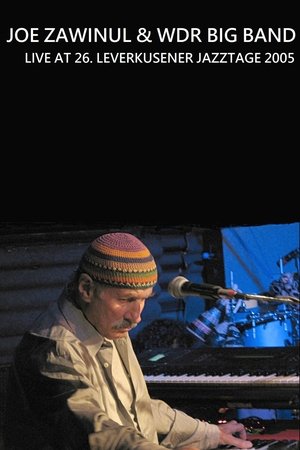 8.5
8.5Joe Zawinul & WDR Big Band - Leverkusener Jazztage(en)
Zawinul is onstage with the WDR Big Band from Germany and a special international rhythm section. The music is a tribute to the pioneering 1970s fusion collective Weather Report, originally with Wayne Shorter on sax, Zawinul on keys, and later Jaco Pastorius on bass (among other personnel). Zawinul and the WDR play "Brown Street" and "Carnavalito." Arranger Vince Mendoza re-imagines this colorful, small-group music for Europe's longest-lived jazz orchestra. And they can play!
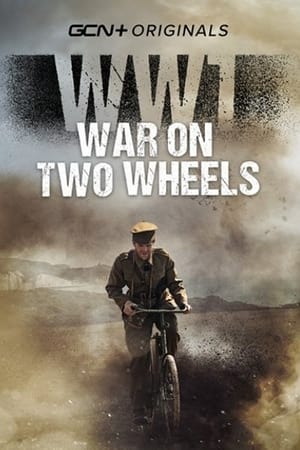 8.5
8.5WW1 - War on Two Wheels(en)
A fascinating insight into the role of the bicycle in the First World War - from reconnaissance to transporting ammunition, historian and cycling enthusiast Jeremy Banning explores stories from the battlefield. Ollie Bridgewood discovers the role cycle scouts played in the Army Cycling Corp and rides the original bikes used in the conflict. Mark Beaumont meets the grandson of a WW1 soldier who rode for the Highland Cyclist Battalion and survived brutal combat on the front line.
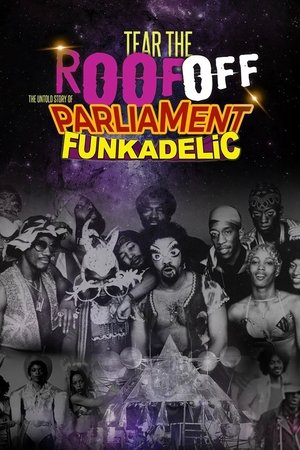 7.7
7.7Tear the Roof Off: The Untold Story of Parliament Funkadelic(en)
The untold true story: The rise and fall of the greatest funk band ever, Parliament Funkadelic.
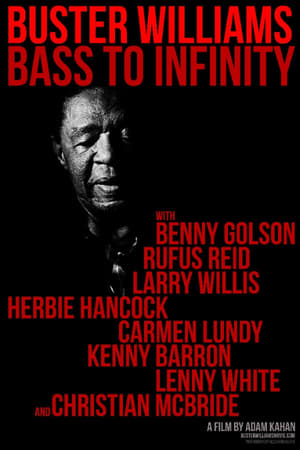 0.0
0.0Buster Williams Bass to Infinity(en)
Imagine hanging out with Charlie Parker and Dizzy Gillespie, hearing them jam together, trading riffs, then riffing with words and trading stories. Bird and Diz are gone, but giants still walk among us. One of those giants is Buster Williams. Buster has played with everyone - Miles, Sarah Vaughan, Nancy Wilson, Art Blakey, and on. In this intimate portrait, Buster trades stories, and plays, with some of the world's greatest musicians - Benny Golson, Herbie Hancock, Christian McBride and others, and takes us on a journey through his life, legacy, and America's greatest art form - the truly universal music called Jazz.
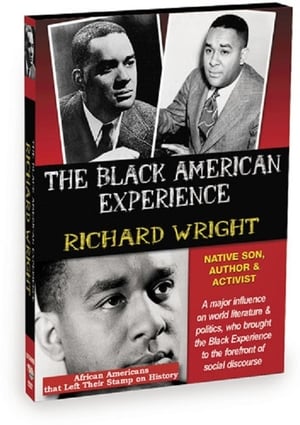 0.0
0.0Richard Wright: Native Son, Author and Activist(en)
RICHARD WRIGHT was an African-American author of novels, short stories and non-fiction that dealt with powerful themes and controversial topics. Much of his works concerned racial themes that helped redefine discussions of race relations in America in the mid-20th century. Born on a plantation in Mississippi, Wright was a descendent of the first slaves who arrived in Jamestown Massachusetts. This program follows his arduous path from sharecropper to literary giant. Through authors like H.L. Menken, Sinclair Lewis, Theodore Dreiser, he discovered that literature could be used as a catalyst for social change. In 1937 Wright moved to New York and his work began to garner national attention for it's political and social commentary. Much of Wright's writing focused on the African American community and experience; his novel Native Son won him a Guggenheim Fellowship and was adapted to the Broadway stage with Orson Welles directing in 1941.

